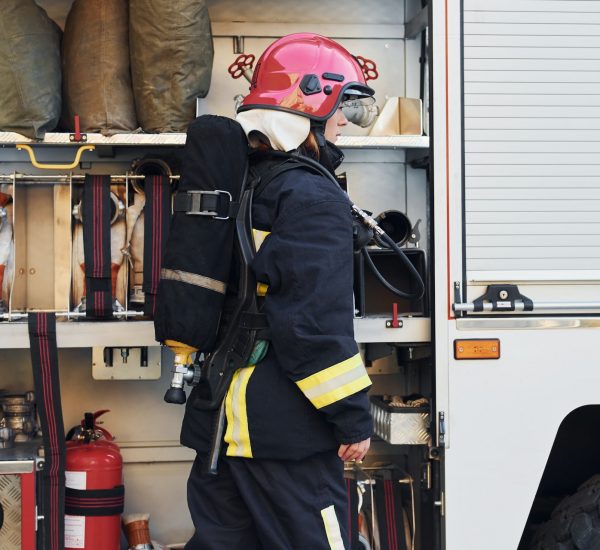If you are looking to become a home inspector in California, there are several different things that you will need to take into consideration. These things include a variety of different factors, such as how to get started, continuing education requirements, and the insurance that is required for people that are looking to become home inspectors.
Preparing for the NHIE exam
If you are a California home inspector and you are ready to begin your career in the home inspection industry, you will need to prepare for the National Home Inspector Examination (NHIE). This exam tests the knowledge and skills of a professional home inspector. It is administered by the Examination Board of Professional Home Inspectors.
The NHIE exam is made up of 200 questions. Each question consists of multiple choice answers. You can expect to spend four hours on the test. A score of at least 500 is required to pass.

Photo by Nguyen Dang Hoang Nhu on Unsplash
Several states require applicants to submit an application and pay a fee before taking the NHIE. These applications can be as long as five pages. They will then be mailed to the state licensing board. There are also practice exams available online.
Some states offer online classes for prospective home inspectors. These classes may take a few weeks to complete. But, they are an excellent way to get the background knowledge you need for your new career.
Continuing education requirements
If you are interested in becoming a home inspector, you will need to complete a number of continuing education requirements. These include attending a report writing seminar, passing the National Home Inspection Exam and completing a number of other classes. You must also pass the board’s standards of practice examination.
The cost of continuing education will vary depending on where you choose to attend. However, the average cost of a home inspector training program is under $1,000. There are some in-person options, but most are available online.
Continuing education is a worthwhile investment for all home inspectors. It will keep you up-to-date on new laws and regulations. And it can help you save money by increasing your knowledge and earning potential.
Depending on where you live, you may be able to take a free class. This is a great way to learn about a career in home inspection without investing too much money. Alternatively, you may want to purchase a course to get a better understanding of the industry.
Insurance for home inspectors in California
Home inspectors in California must carry a general liability insurance policy. This covers property damage and third-party bodily injury.
Almost half of the states require home inspectors to carry this kind of insurance. The type of policy is different for each state. It is important to find out what types of insurance are required.
The main types of coverage are General Liability Insurance and Errors and Omissions (E&O). E&O protects the inspector from lawsuits that may be filed against him. Also known as professional liability, it can be costly to defend a claim.

Image by Unsplash+
If you are planning to become a home inspector, you must take the time to understand your potential liabilities. A good insurance agent can help you understand the coverage you need.
You should also be aware of how your insurance will benefit you. Investing in a strong E&O policy will help you in the long run. Typically, it will protect your reputation and prevent you from long-term lawsuits.
Regulations in other states
The regulations for becoming a home inspector in California and other states are not exactly clear. Some states do not require licensure at all, while others require it and provide a fee for doing so. It is important to check your state’s requirements.
In addition to the general requirement that you be 18 years of age or older, you must complete an approved course of study. You also must carry a certificate of insurance of at least $50,000.
A licensed home inspector must be responsible for inspecting a property and writing a report. However, you may not perform any repairs on the property for a fee.
Home inspectors are regulated by the state’s Business and Professions Code. This code outlines the duties of the inspector. Applicants for licensing must meet the requirements of the Board of Registration of Home Inspectors, which sets out the qualifications for licenses and penalties for violations.
Among other requirements, you must carry a bond in the amount determined by the Board. You must also have proof of a minimum of one year of experience. And you must have passed the National Home Inspector Examination.


